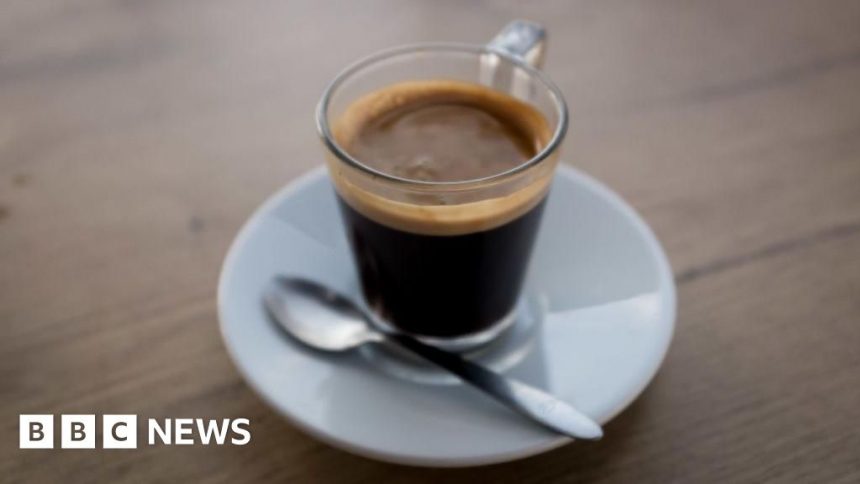Morning coffee may lower risk of heart disease-related death, research suggests
 Getty Images
Getty ImagesThe time of day you drink a cup of coffee may lower the risk of an early death, new research suggests.
The study found that people who drank coffee in the morning had a lower risk of dying from cardiovascular disease and had a lower mortality risk than all-day coffee consumers – but the research could not prove whether coffee was the sole cause.
Dr Lu Qi, lead researcher and director of Tulane University Obesity Research Center, said while the study does not show why drinking coffee in the morning reduces the risk, but one explanation could be that consumption later in the day may disrupt a person’s internal body clock.
The study was published on Wednesday in the European Heart Journal.
Dr Qi said further studies are needed to see if their findings could also be observed in other populations, adding: “We need clinical trials to test the potential impact of changing the time of day when people drink coffee.”
“This study doesn’t tell us why drinking coffee in the morning reduces the risk of death from cardiovascular disease,” he explained.
“A possible explanation is that consuming coffee in the afternoon or evening may disrupt circadian rhythms [our bodies 24-hour cycle of physical, mental and behavioural changes] and levels of hormones such as melatonin.
“This, in turn, leads to changes in cardiovascular risk factors such as inflammation and blood pressure.”
The researchers from Tulane University in New Orleans, looked at 40,725 adults who had taken part in the National Health and Nutrition Examination Survey in the US between 1999 and 2018.
They were asked about their daily food and drink consumption, and whether they drank coffee, how much and when.
“Given the effects that caffeine has on our bodies, we wanted to see if the time of day when you drink coffee has any impact on heart health,” explained Dr Qi.
While past research has found moderate coffee drinking can have health benefits, this was the “first study testing coffee drinking timing patterns and health outcomes”, he added.
According to the research, 36% of those taking part were morning coffee drinkers, and 14% were all-day drinkers.
Dr Qi and his team tracked the participants for nearly a decade, looking at their information records and causes of death during that time period.
During the follow-up after almost 10 years, 4,295 people died, including 1,268 cardiovascular disease- related deaths.
The researchers found that morning coffee drinkers were 16% less likely to have died compared to those who did not drink coffee, and 31% less likely to have died from heart disease.
They also saw no reduction in risk for all-day coffee drinkers compared to non-coffee drinkers.
“Drinking coffee in the morning may be more strongly associated with a lower risk of mortality than drinking coffee later in the day,” they wrote in the research paper.
The researchers said higher coffee intake amounts were “significantly” associated with a lower risk of death, but only among people who drank coffee in the morning compared with those who drank coffee all day.
In an accompanying editorial, Prof Thomas F Luscher from Royal Brompton and Harefield Hospitals in London, asked: “Why would time of the day matter?
“In the morning hours there is commonly a marked increase in sympathetic activity [activity that puts your body systems on alert] as we wake up and get out of bed, an effect that fades away during the day and reaches its lowest level during sleep.”
Prof Luscher said that – like the researchers suggest – it is “possible” that coffee drinking later in the day could disrupt out bodies internal clock at a time we should be resting.
“Indeed, many all-day drinkers suffer from sleep disturbances,” he explained, adding that “in this context, it is of interest that coffee seems to suppress melatonin, an important sleep-inducing mediator in the brain.”
The study also suggested that among coffee drinkers, participants who consumed it in the morning were more likely to consume tea and caffeinated soda but consume less coffee – both caffeinated and decaffeinated coffee – compared with those who drank coffee all day.








